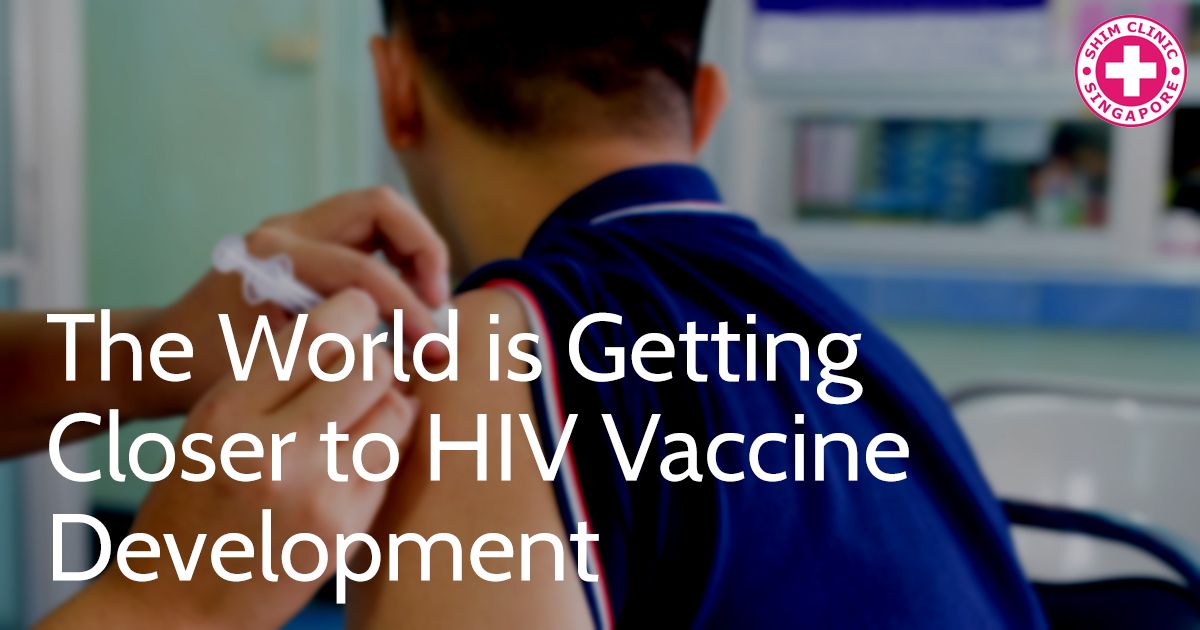Could the world be getting be getting closer to the development of an effective HIV vaccine? Given the fact that a large pharmaceutical company has undertaken the challenge and that it will initiate testing soon, the answer is a possible “yes.”
It’s still too early to celebrate but the medical community has improved by leaps and bounds when it comes to effectively controlling the epidemic. The progress has been so significant that large international entities believe that ending the epidemic in slightly over a decade is plausible.
Large Worldwide HIV Testing Commences
Johnson & Johnson will be initiating HIV vaccine testing among 3,800 men later on in 2019, an official statement presented via Bloomberg suggests.
The tests will take place across multiple continents – Europe, North America and South America.
This is yet another important step towards controlling the HIV epidemic that proved to be lethal in the 1980s and 1990s. Luckily, the world has gone a long way since then through the development of effective antiretroviral therapies and preventative options like HIV PrEP and HIV PEP.
Johnson & Johnson’s vaccine is described as a tetravalent mosaic. This means it has four distinctive components that help the body mobilise its immune response and fight the human immunodeficiency virus. Animal studies have already been carried out and in them, the vaccine worked on two thirds of the animals tested.
The vaccine has been declared safe for human use, which enables the pharmaceutical company to move forward with its trials.
All of the study participants are classified as high risk individuals. They are men who have sex with men and they will receive six vaccine shots over the course of four sessions. The trial will continue for a period of several years and results will most likely be collected and announced in 2023.
Alternative Trials Are Already Underway
Johnson & Johnson is not the first entity to run an HIV vaccine trial. A human trial is already underway in Africa, a result from a collaboration between the HIV Vaccine Trials Network (HVTN) and Janssen Pharmaceuticals.
The Imbokodo study was launched in November 2017 in Africa. It enrolled 2,600 women aged 18 to 35. It’s long been known that a disproportionately large percentage of the female population in multiple African countries is at a high risk of HIV infection.
All of the female volunteers participating in the Imbokodo study are HIV-negative and they will receive six injections over the course of the trial. Follow-ups are scheduled to take place 24 and 36 months after the commencement of the experiment.
In July 2019, China also announced that it will be launching a small-scale HIV trial involving 160 volunteers. This is a second-phase clinical trial focuses on a vaccine that contains HIV DNA fragments for the purpose of strengthening the immune response of the recipient.
Most of the human trials either launched or taking place already will produce results within the same timeframe. Chances are that growing awareness about the progress of the trial will contribute to better funding opportunities for the effective development of a vaccine for the ever-changing virus.
The World Health Organization (WHO) has set a goal to cut HIV-related deaths by half by 2020. WHO has also announced that a vaccine is one of the biggest essentials for ending the AIDS epidemic by 2030.
Ending HIV by 2030?
Is the WHO goal achievable?
According to Harvard experts, this is possible.
Humanity has been fighting the human immunodeficiency virus for four decades already. Several countries are already introducing measures in line with the 2030 deadline. In the US, these measures target “hotspots” where transmission of the virus is concentrated.
UNAIDS also published a report, in which it stated that the milestone for halting HIV infections is realistic. In order to be successful, however, the world will have to overcome a number of important challenges.
According to UNLAIDS, 20 million people across the world who live with HIV still don’t have access to the paramount antiretroviral therapy. Ensuring access to HIV testing, preventative and treatment options in this part of the world is one of the biggest challenges and also an essential for reaching the goal.
There’s still a window of opportunity for filling out the AIDS resource gap but it requires active involvement on behalf of global authorities, local governments and scientific masterminds who can all make treatments much more readily accessible.
Singaporean high risk individuals and HIV-positive people already have access to innovative medical tools.
Full STD testing that includes HIV screening is provided by facilities like Shim Clinic. The same applies to pre-exposure prophylaxis (HIV PrEP) and post exposure prophylaxis (HIV PEP). Growing awareness and a push to end social stigmatisation are also contributing to easier access to such essentials.
If you have questions about HIV and AIDS, you can easily get in touch with Shim Clinic. Visit us during working hours to get tested and to receive a professional consultation about safe practices, the frequency of HIV testing and other medical tools that may prove to be personally beneficial.

